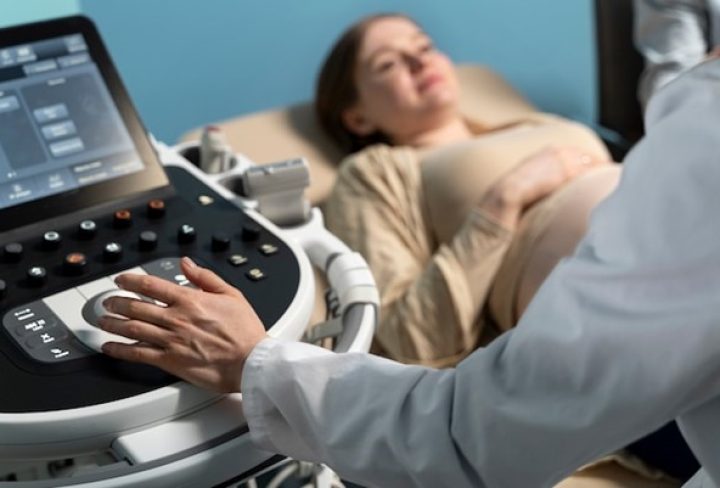Chorionic Villus Sampling (CVS) is a crucial prenatal diagnostic procedure that provides valuable insights into the genetic health of a developing fetus. It plays a vital role in helping expectant parents make informed decisions about their pregnancy. In this blog, we’ll explore the significance of CVS, when it’s recommended, and what to expect during the procedure.
Understanding CVS
CVS is a medical procedure that involves the extraction of a small tissue sample from the placenta. This sample contains genetic material, which can be analyzed to detect chromosomal abnormalities and genetic disorders in the developing fetus. CVS is typically performed during the first trimester of pregnancy, usually between the 10th and 13th weeks.
When is CVS Recommended?
- Maternal Age: Women who are 35 years or older at the time of conception are often advised to consider CVS. Advanced maternal age is associated with an increased risk of chromosomal abnormalities, such as Down syndrome.
- Previous Genetic Conditions: Couples who have had a previous child with a genetic disorder may opt for CVS to assess the risk of recurrence.
- Family History: If there is a family history of genetic disorders or chromosomal abnormalities, CVS can help determine if the fetus is at risk.
- Abnormal Prenatal Screening: Abnormal results from non-invasive prenatal tests (NIPT) or first-trimester screenings may warrant further evaluation through CVS.
- Carrier Screening: In cases where both parents are carriers of certain genetic conditions, CVS can be recommended to assess the baby’s risk.
- Parental Anxiety: Some expectant parents may choose CVS for peace of mind and to address any lingering concerns about the baby’s genetic health.
The CVS Procedure
During CVS, a small sample of chorionic villi (tiny finger-like projections on the placenta) is obtained. This can be done through two primary methods: transabdominal or transcervical. The choice of method depends on factors such as placental location and the healthcare provider’s expertise. Once the sample is collected, it is sent to a laboratory for genetic analysis.
Benefits of CVS
- Early Detection: CVS allows for early detection of genetic issues, providing parents with more time to make informed decisions.
- Accurate Results: It offers highly accurate results, aiding in precise diagnosis and risk assessment.
- Informed Decision-Making: CVS provides parents with essential information to make choices about the pregnancy and plan for appropriate care.
- Timely Intervention: In cases where genetic abnormalities are identified, CVS allows for prompt medical intervention and management.
Considerations and Risks
While CVS offers numerous benefits, it’s essential to be aware of potential risks, such as miscarriage or infection. These risks are relatively low but should be discussed with a healthcare provider before undergoing the procedure.
In conclusion, Chorionic Villus Sampling (CVS) is a valuable tool in prenatal care, providing expectant parents with critical information about their baby’s genetic health. It’s recommended in specific situations to assess the risk of chromosomal abnormalities and genetic disorders, ultimately empowering parents to make informed decisions and plan for the well-being of their child.
SEO Keywords:
- Chorionic Villus Sampling (CVS)
- Prenatal diagnostic procedure
- Genetic health of the fetus
- Chromosomal abnormalities
- Advanced maternal age
- Genetic disorders in pregnancy
- Non-invasive prenatal tests (NIPT)
- Parental anxiety during pregnancy
- Transabdominal CVS
- Transcervical CVS

